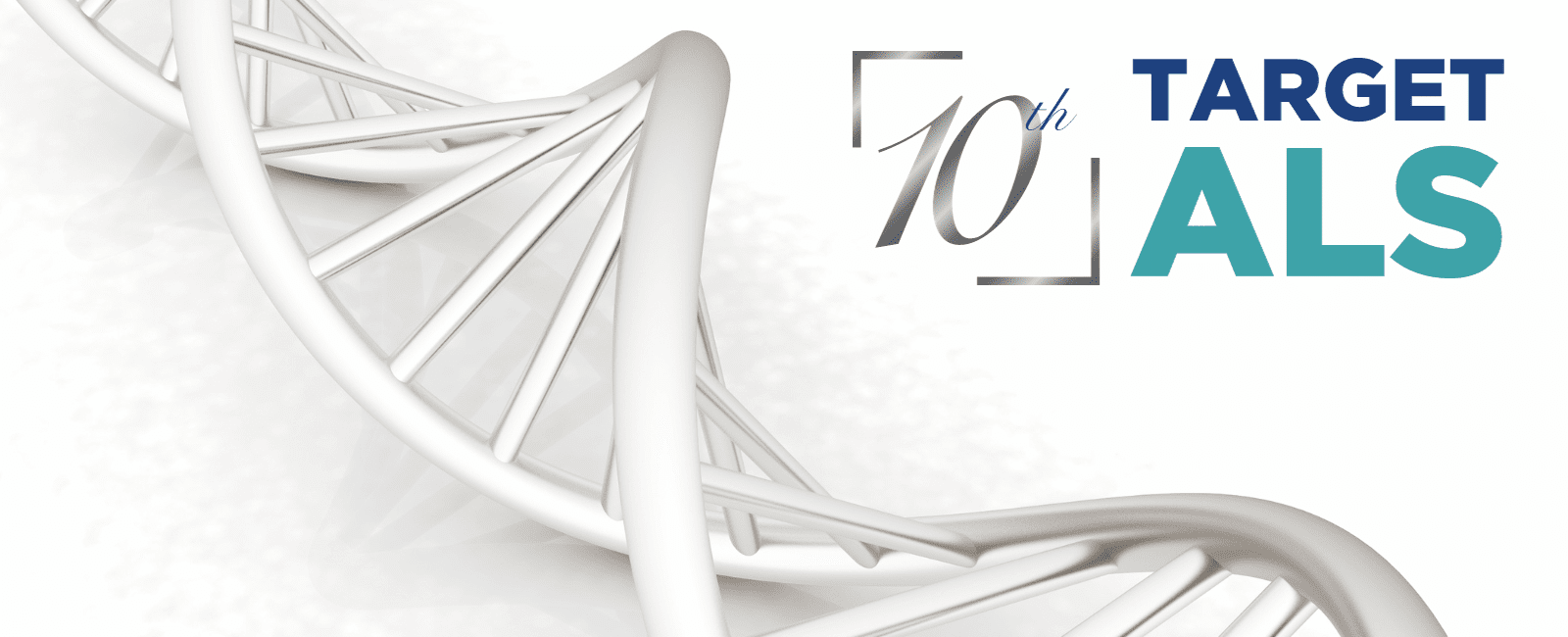When Dr. Ian Reynolds describes his career, the word linear doesn’t come to mind. A transatlantic journey that began in London and wove through academic labs, pharmaceutical giants, biotech startups, and now a 400-year-old farmhouse in Southwest France, Dr. Reynolds’ path is anything but typical. What has remained constant is his deep commitment to neurodegenerative disease research—and his unwavering belief in the power of collaborative science to drive impact.
A pharmacologist by training, Dr. Reynolds spent nearly two decades in academia before shifting to industry, where he led neuroscience discovery teams at Merck and Teva Pharmaceuticals and later served as CEO of a Belgian biotech. The twists in his path weren’t always by choice—corporate restructures and pandemic-era pivots shaped key moves—but they revealed a truth he now shares freely: “Drug discovery is complex—it takes more than just a team; it takes a whole community.”
Today, Reynolds serves as President of YaghPenn Consulting and applies that ethos directly to his work on the Independent Review Committee (IRC) at Target ALS—a role he’s held since the organization’s early days. “I’ve always been in the business of evaluation,” he says. “And from the start, the quality of people and depth of discussion at Target ALS stood out. That’s why I keep coming back.”
A Model That Breaks the Mold
What makes the Target ALS model different? For Dr. Reynolds, it’s the intellectual flexibility, urgency, and integration of academic and industry perspectives that set it apart.
“In most review panels, you’re confined to what’s written on the page,” Dr. Reynolds explains. “But at Target ALS, reviewers can recommend changes and shape proposals in real-time. That kind of adaptability allows us to positively influence the research trajectory before it even starts.”
Equally powerful is the foundation’s industry-academic collaboration model, which encourages partnerships across sectors to accelerate drug development. “The creativity often comes from academia, but the know-how to translate it into therapies sits in industry. Target ALS brings those two worlds together and supports them in ways I haven’t seen elsewhere.”
Speed with Purpose
Another standout feature is the speed of the review process—around eight weeks from submission to decision. For Dr. Reynolds, it’s not just efficient; it’s humane.
“ALS is an acute, devastating disease. I once heard a donor say, ‘Three months? My family member doesn’t have that long.’ That urgency stuck with me. Target ALS gets it. They’re fast—but not at the expense of rigor.”
Dr. Reynolds credits that balance to thoughtful leadership, especially from longtime IRC Chair Bob Miller. “Bob brings integrity, scientific depth, and a light touch that makes managing strong personalities look effortless. It’s a rare skill, and it sets the tone for the entire committee.”
An Optimist with a Realist’s Lens
Despite decades of setbacks in neurodegenerative research, Dr. Reynolds remains cautiously hopeful about the direction of ALS science.
“We’re getting better—at understanding the disease, designing trials, and translating preclinical work into the clinic. There’s still no cure, but I believe the experience of being diagnosed with ALS is going to change. We’ll see more options, longer survival, and eventually, real breakthroughs.”
As the 2024 recipient of the J. William Langston Award from The Michael J. Fox Foundation, Dr. Reynolds’ contributions span more than ALS. But he’s clear about why Target ALS has his heart: “This is a community that listens, that adapts, that gets on with it. I feel privileged to be part of it.”



